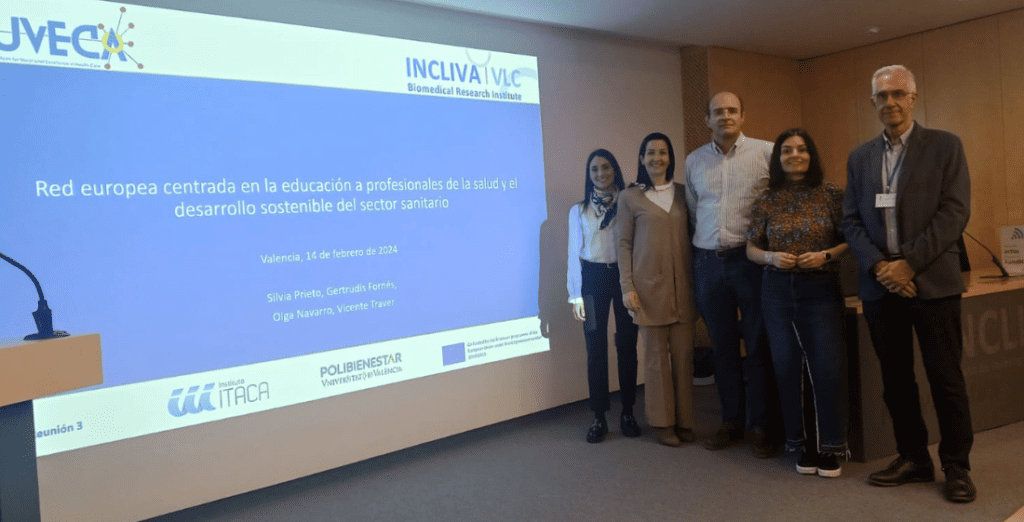A review of the Valencia Partner Meeting
The latest EUVECA partner meeting marked a significant milestone in the project’s ongoing mission to enhance vocational education and training (VET) in healthcare across Europe. The discussions were rich in collaboration, innovation, and future-focused strategies that will shape the healthcare education landscape. Here are the key highlights from the meeting. Focus on Simulation Centers EUVECA’s […]












